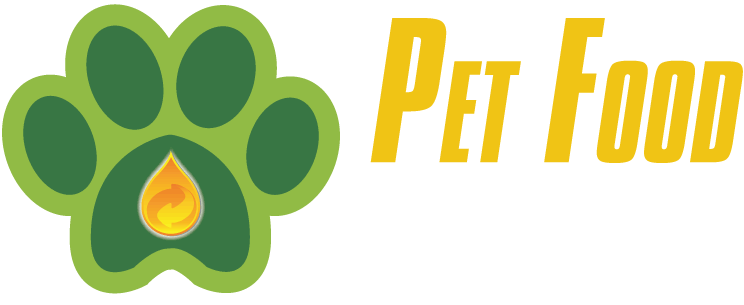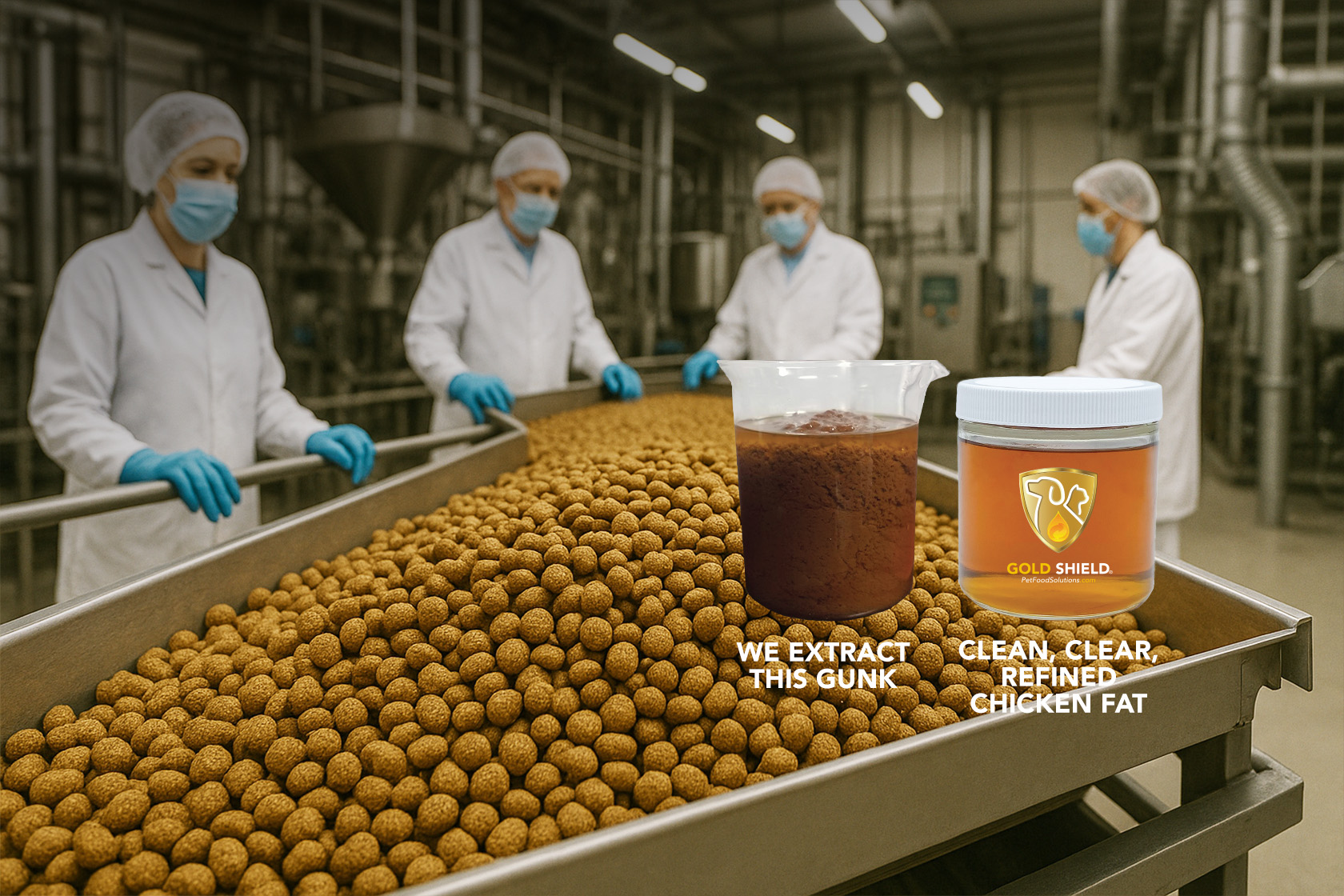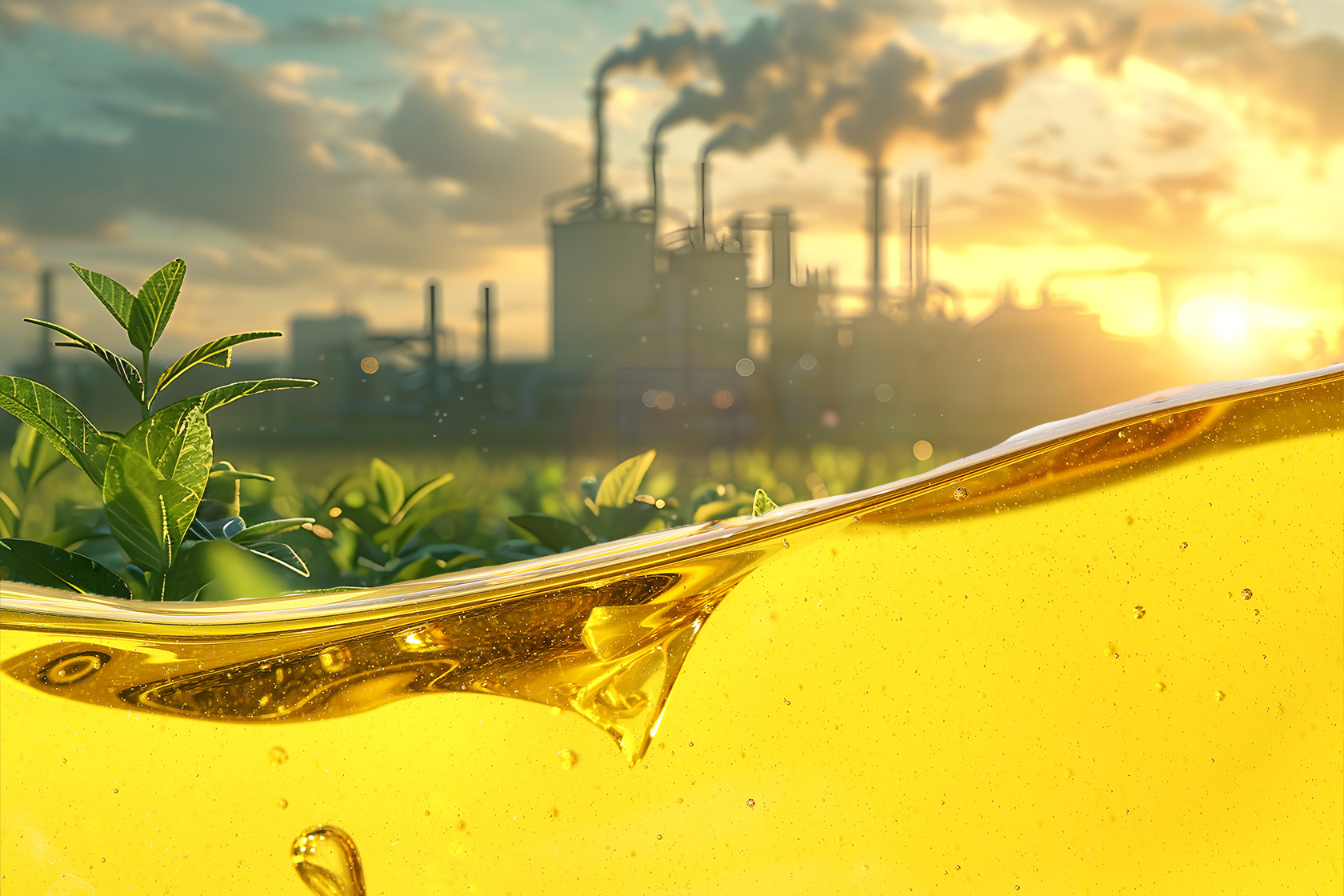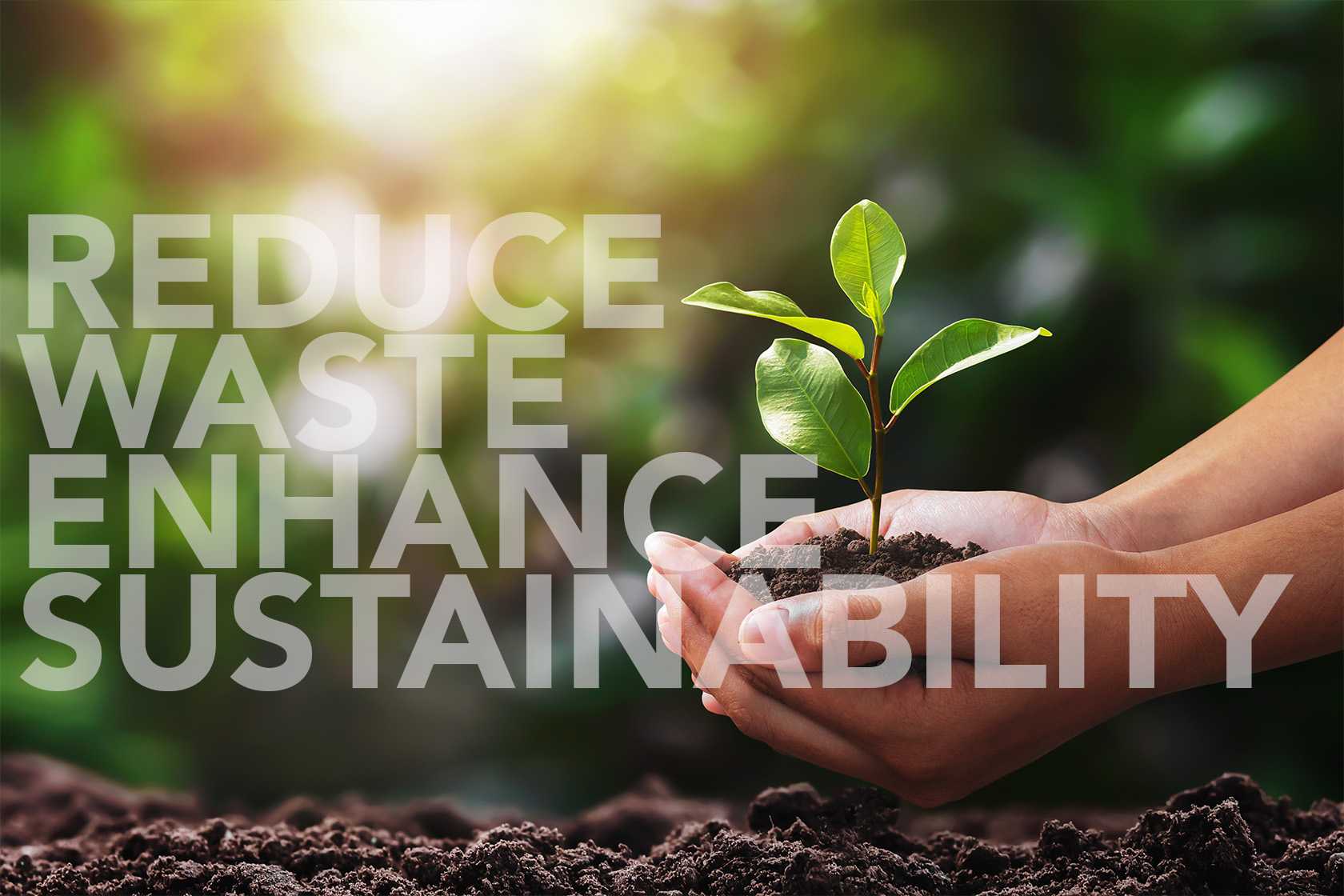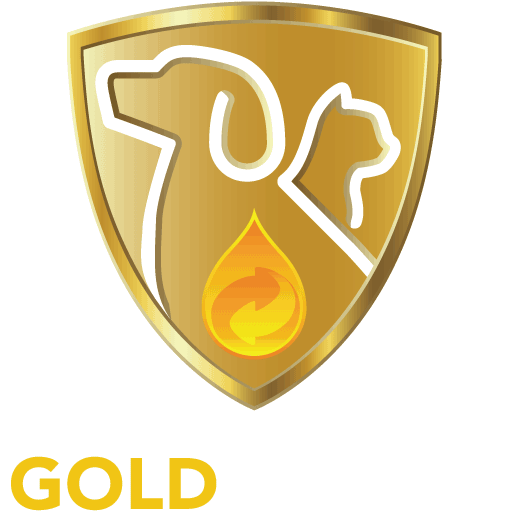Recalls are one of the most disruptive and costly challenges that pet food manufacturers can face. They often come with little warning and carry far-reaching consequences, ranging from wasted inventory and production shutdowns to damage that’s harder to repair, like lost customer trust and long-term brand reputation. In the first quarter of 2025, one such recall underscored just how quickly contamination can trigger cascading problems for a business. In this blog, we take a closer look at what happened, what it truly costs when Salmonella strikes, and how cleaner inputs can help protect your operations from the start.
Salmonella Pet Food Recalls Persist in Q1 2025
In Q1 2025, a North Carolina–based pet food manufacturer recalled over 7,000 pounds of raw and frozen pet food following a confirmed contamination with both Salmonella and Listeria. The recall was initiated after a customer complaint linked the products to animal illness, prompting testing that confirmed the presence of both pathogens.
The affected products were distributed across at least nine states and included multiple batches and pet food types. While this particular recall captured attention, it is far from isolated. Recalls tied to foodborne pathogens continue to disrupt the pet food industry, especially in categories that rely on raw or lightly processed ingredients. These incidents underscore a continued need for proactive safety practices in sourcing and processing.
To help control the risk, the FDA has implemented a zero tolerance policy for Salmonella in pet food, a standard which is significantly higher than farm animal feed. To enforce this policy, regulators are visiting stores where pet food is sold, performing tests of product right off the shelf. Despite these strict regulations and the risk of being found in violation (or worse, the risk of harm to pets and their families), Salmonella recalls continue.
What a Recall Really Costs Pet Food Manufacturers
Recalls come with immediate costs that can be straightforward to measure. This includes disposal of the contaminated product, halted production and distribution, emergency cleaning procedures, and regulatory reporting requirements. It’s been estimated that a pet food recall comes with an average price tag of $10 million, but there are numerous reports of recalls costing $30 million, $40 million, and more.
But for most brands, it’s the downstream impact that lingers the longest.
In the wake of a contamination event, manufacturers may face:
- Reputation damage that erodes consumer loyalty
- Retailer fallout as stores reconsider shelf placement and sourcing confidence
- Legal risk in cases tied to illness or injury
- Regulatory scrutiny that increases oversight and future compliance pressure
These are not one-time losses. They affect future product launches, marketing spend, and long-term profitability. It can be a difficult situation for a brand to climb back from.
Gold Shield® Refined Chicken Fat Eliminates Salmonella Contamination in Our Production
Contamination doesn’t usually begin at the packaging line, it actually starts much earlier, at the ingredient level. Standard chicken fat is a prime candidate for such contamination. It can contain organic debris, moisture, and biological material such as clots or tissue fragments. These components may be invisible, but they create conditions that allow Salmonella and Listeria to thrive.
Gold Shield® Refined Chicken Fat leverages a proprietary refining process to remove this material, and the associated risks, before it enters your facility. With a high-purity, 100% usable product that is free from moisture and biological contaminants, we create an environment in which Salmonella, bird flu and others cannot grow. Therefore, manufacturers can reduce the risk of contamination and the consequences that follow. Clean inputs protect production lines, finished product quality, and brand integrity. For those who choose to start with Gold Shield® Refined Chicken Fat, the difference is clear.
Do better for your brand with Gold Shield® Refined Chicken Fat.
